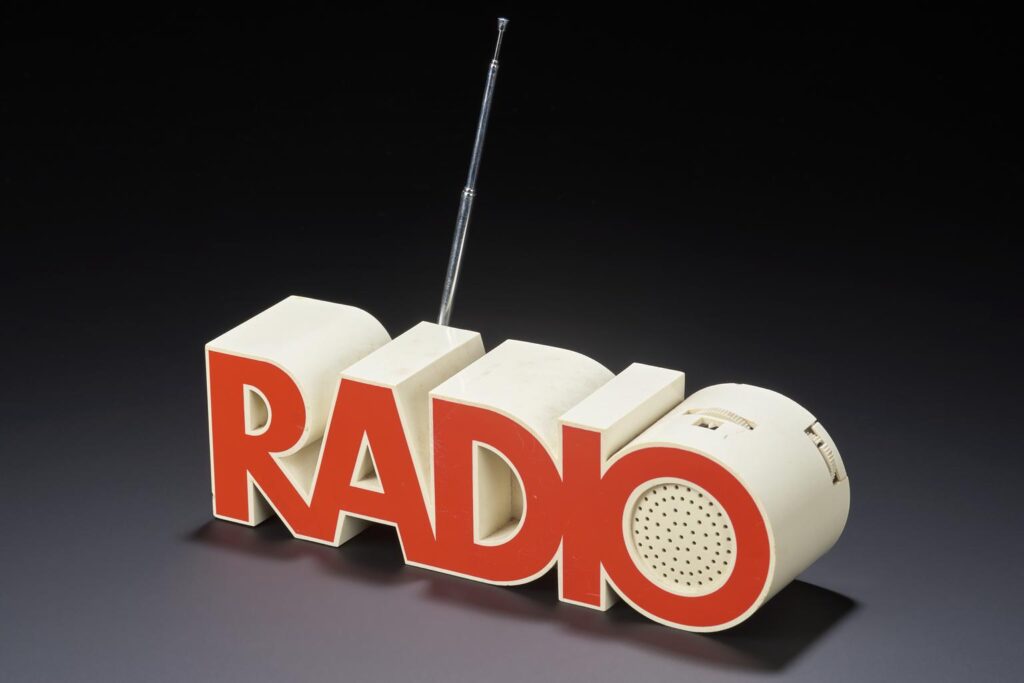On days when one isn’t able to pop into one of the Science Museum Group’s five museums, In Our Time has consistently provided long-running opportunities to delve into the history of science, among many other things.
This milestone deserves celebration and a moment of reflection on why the programme has proved irresistible to millions of listeners who, like me, have joined Melvyn Bragg to immerse ourselves in an amazing and eclectic range of topics spanning the arts, history and the sciences.
The format works because of Melvyn’s careful preparation and genial hosting, and because he and his producers have the knack of selecting each week a trio of experts who can bounce ideas of each other – avoiding academic jargon and gobbledygook and making the topics accessible, just as the best museum displays do.
This is a special challenge in some of the sciences, which are all too often ghettoised in the media. Indeed, it’s often hard to convey scientific concepts without formulae, diagrams, or at least arm-waving . But Melvyn usually finds experts who are attuned to a general audience – and generates an atmosphere in the studio that’s relaxed even when one is ‘live’.

Science is part of human culture, fascinating in its own right and not just as the basis for technology. Few topics could be as blazingly irrelevant to practical life as dinosaurs or black holes – but these natural wonders fascinate young and old. I’ve been privileged to be on the programme to discuss such things and it’s gratifying that they reach a diverse audience, via podcasts as well as the broadcasts themselves. In Our Time superbly fosters the BBC’s mission to entertain and inform us.
Melvyn’s books also deserve wide readership – he’s written about 30 altogether – novels and non-fiction, powerful testimony to his learning and his energy – above all to his deep roots in our nation’s history and culture. But as a scientist myself I want to highlight all he’s done to ‘humanise’ science, and render us mindful of its history. It’s hard to think of anyone who can match Melvyn’s sustained, broad and influential contribution to our nation’s intellectual life. Long may he continue to inspire, inform and entertain us.